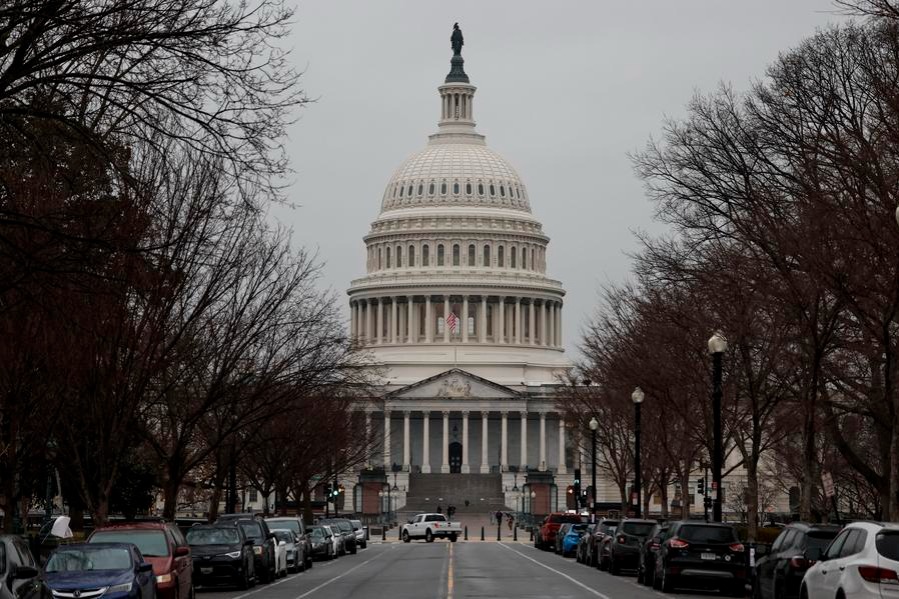Development imperative for eradication of extremism


Editor's note: The West's criticism of China's anti-terrorism efforts in the Xinjiang Uygur autonomous region reflect their bias against China and belittle the problem of extremism in the region. Four experts offer their views of the country's efforts to counter terrorism and extremism and the government's efforts to promote stability and development and protect the rights of all its citizens:
Legalized social norms comprise rights, obligations
Social norms are indispensable for any society, but in a country under the rule of law, the law serves as the paramount social norm. The law is a set of universally binding social norms formulated or recognized by a country, which sets out the rights of its citizens and their obligations. Apart from the law, there are also many other social norms in a country, such as morality, religion, custom, policy, articles of association, and school discipline, that are used to regulate people's relations in their respective social fields.
In fact, the authority of the law does not exclude other social norms that are compatible with it, and in a country under the rule of law, these social norms more often than not interact with the legal system and even serve as effective supplements to the law in adjusting social relations. Nevertheless, these social norms exist only as supplements to the law and cannot supplant the law.
Establishing the authority of the law among citizens is a basic requirement for a country to promote the rule of law. China's Constitution stipulates that no organization or individual within the People's Republic of China has the privilege to transcend the Constitution and other laws. For any country under the rule of law, this is a self-evident principle and also a basic obligation for all citizens. However, due to differences in legal awareness, not every citizen is that faithful to the law. For example, there are people who advocate religion as being above the law, and they cite constitutional articles on the protection of the "freedom of religious belief" to support this.
But the constitution of any country grants both rights and obligations. While protecting its citizens' freedom of religious belief, China's Constitution also stipulates that no one shall use religion for activities that disrupt social order, impair the health of citizens, or interfere with the education system of the State and that religious groups and religious affairs should not be subject to foreign forces.
In any country ruled by law, citizens should not only have an awareness of their rights but also their obligations.
Zhang Yonghe, a professor with the Southwest University of Political Science and Law


































